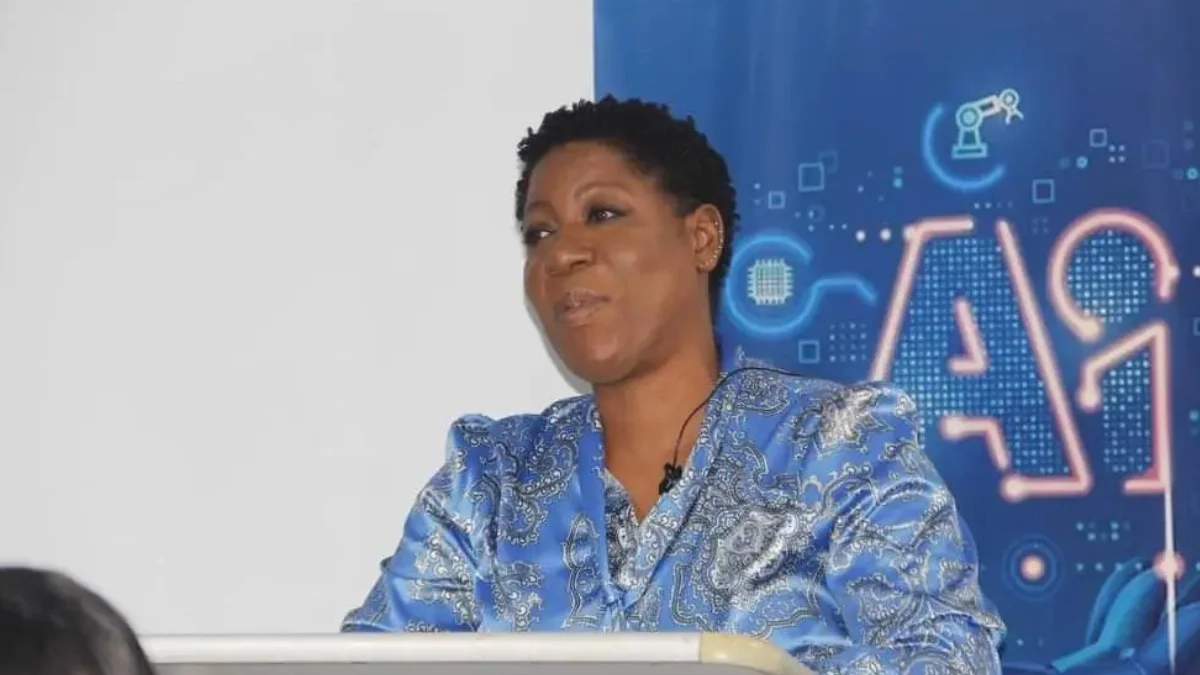The Ghana Centre for Democratic Development (CDD-Ghana) has unveiled its study report on Evaluating Gender Bias in Artificial Intelligence (AI) Applications using household survey data, shedding light on the implications of AI on gender disparities and the importance of a gender-inclusive approach in AI development.
Over the past year, CDD-Ghana, in collaboration with AidData, embarked on a gender-related AI project funded by the United States Aid for International Development (USAID) Equitable AI Challenge. The project aimed to assess gender bias in AI applications concerning wealth measurement using household survey data, specifically analyzing the Ghana Demographic and Health Survey alongside satellite imagery.
Dr. Edem Selormey, Director of Research at CDD-Ghana, emphasized the increasing significance of understanding and addressing the impact of AI on society, particularly regarding gender disparities. She highlighted the inadvertent perpetuation of biases by AI systems, underscoring the need for meticulous examination to mitigate inequalities.
The study revealed insights into the nuanced relationship between AI models, wealth measurement, and gender dynamics. Dr. Selormey noted that AI models trained on male household data consistently outperformed their female counterparts, indicating inherent gender bias within the algorithms underpinning AI systems.
Dr. Rachel Sayers, Research Scientist at AidData, presented findings showing disparities between gender-specific wealth indexes and the household wealth index used by the DHS. The study found that the DHS wealth index overestimated the wealth of the poorest female households compared to a female-specific wealth index while underestimating the wealth of the poorest male households.
Dr. Rita Udor, Gender Inclusive Officer at the Responsible Artificial Intelligence Lab (RAIL), advocated for the inclusion of women in AI development to enhance decision-making quality and ensure equitable access to technology's benefits across society.
In a virtual presentation, Madam Deborah Dormah Kanubala, a Machine Learning (ML) Researcher at Saarland University, Germany, highlighted AI's critical role in the medical field, particularly in the quick diagnosis of diseases like breast cancer.
The launch of the study report underscores the imperative for a gender-inclusive approach in AI development and implementation, paving the way for a future where AI serves as a force for empowerment rather than exacerbating disparities based on gender.









